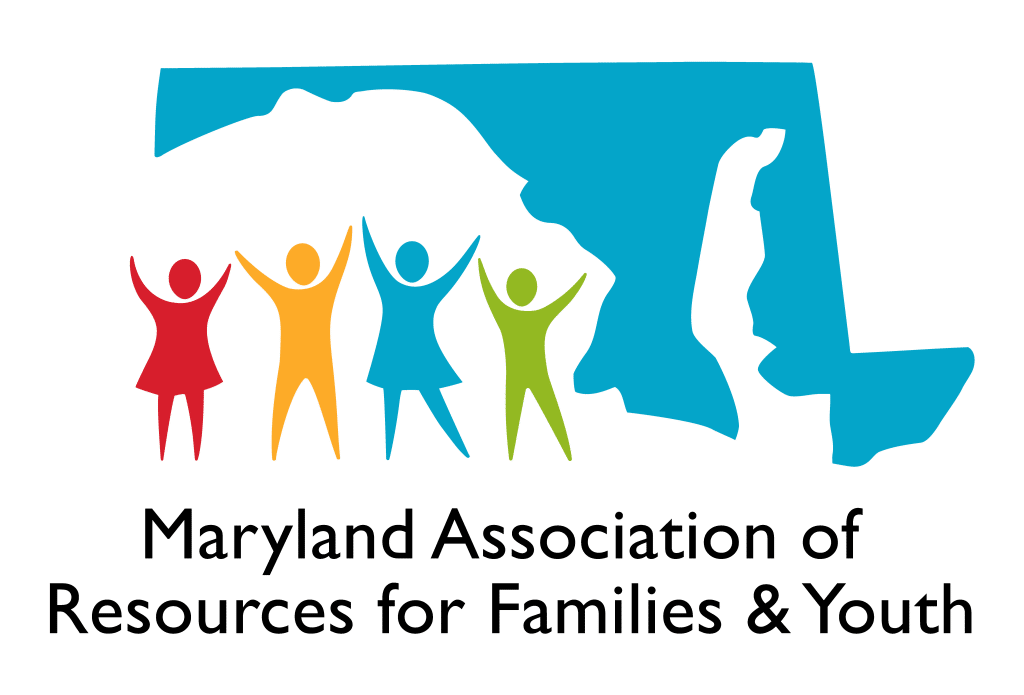 Nonprofits enjoy the public’s trust, and therefore must comply with a diverse array of legal and regulatory requirements. Organizations should conduct periodic reviews to address regulatory and fiduciary concerns. One of leadership’s fundamental responsibilities is to ensure that the organization governs and operates in an ethical and legal manner. Fostering exemplary conduct is one of the most effective means of developing internal and external trust as well as preventing misconduct. Moreover, to honor the trust that the public has given them, nonprofits have an obligation to go beyond legal requirements and embrace the highest ethical practices. Nonprofit board, staff, and volunteers must act in the best interest of the organization, rather than in furtherance of personal interests or the interests of third parties. A nonprofit should have policies in place, and should routinely and systematically implement those policies, to prevent actual, potential, or perceived conflicts of interest. In this way, ethics and compliance reinforce each other.
Nonprofits enjoy the public’s trust, and therefore must comply with a diverse array of legal and regulatory requirements. Organizations should conduct periodic reviews to address regulatory and fiduciary concerns. One of leadership’s fundamental responsibilities is to ensure that the organization governs and operates in an ethical and legal manner. Fostering exemplary conduct is one of the most effective means of developing internal and external trust as well as preventing misconduct. Moreover, to honor the trust that the public has given them, nonprofits have an obligation to go beyond legal requirements and embrace the highest ethical practices. Nonprofit board, staff, and volunteers must act in the best interest of the organization, rather than in furtherance of personal interests or the interests of third parties. A nonprofit should have policies in place, and should routinely and systematically implement those policies, to prevent actual, potential, or perceived conflicts of interest. In this way, ethics and compliance reinforce each other.
Yes, all nonprofits should have a board-approved conflict of interest policy. The policy should be applicable to all board members and staff, and to volunteers who have significant independent decision-making authority regarding the resources of the organization. The policy should identify the types of conduct or transactions that raise conflict of interest concerns, should set forth procedures for disclosure of actual or potential conflicts, and should provide for review of individual transactions by the uninvolved members of the board of directors.
Nonprofits should provide board members, staff, and volunteers with a conflict of interest statement with a summary of the policy and itemized questions to submit upon joining the organization and then annually to disclose any conflicts.
As part of the application for tax exempt status (Form 1023), the Internal Revenue Service includes a series of questions about conflicts of interest and insider transactions to a more extensive series of questions about past, present, or planned relationships, transactions, or agreements with officers, directors, trustees, and the highest compensated employees and independent contractors.
The Form 990 also asks if the organization has a written conflict of interest policy; if officers, directors, trustees and key employees are required to disclose conflicts under the policy; and, how the organization consistently monitors and enforces the conflict of interest policy. Although not required by federal tax law, the Form 990 also requests information as to whether an organization makes its conflicts of interest policy available to the public.
For access to resources like our Sample Conflict of Interest Policy and Disclosure Statement and our Conflicts of Interest Educational Resource Packet and other resources, join Maryland Nonprofits today!
De los Normas para la Excelencia®: Un código de ética y responsabilidad para el sector no lucrativo. El código de las Normas para la Excelenciadesarrollado por el Instituto de Normas para la Excelencia, incluye puntos de referencia y medidas específicas que proporcionan un enfoque estructurado para desarrollar la capacidad, la responsabilidad y la sostenibilidad de su organización sin ánimo de lucro. El código identifica 6 áreas principales de gobierno y gestión de las organizaciones sin ánimo de lucro: Misión, Estrategia y Evaluación; Liderazgo: Consejo, personal y voluntarios; Cumplimiento legal y ética; Finanzas y operaciones; Desarrollo de recursos y recaudación de fondos; y Concienciación pública, compromiso y defensa.
El Instituto Standards for Excellence®, un programa de Maryland Nonprofits, proporciona los mejores recursos posibles a las organizaciones sin ánimo de lucro de todo el país, ayudándolas a desarrollar su capacidad para satisfacer de forma eficaz y eficiente las necesidades de sus comunidades. Los miembros de Maryland Nonprofits tienen acceso a una comunidad en línea con una amplia biblioteca de recursos y plantillas personalizables. La afiliación a Maryland Nonprofits está diseñada para ayudarle a recaudar más dinero, desarrollar su junta directiva, establecer relaciones, aprender, ahorrar en las cosas que necesita para dirigir su organización y amplificar su voz en Annapolis. Únase hoy mismo.



